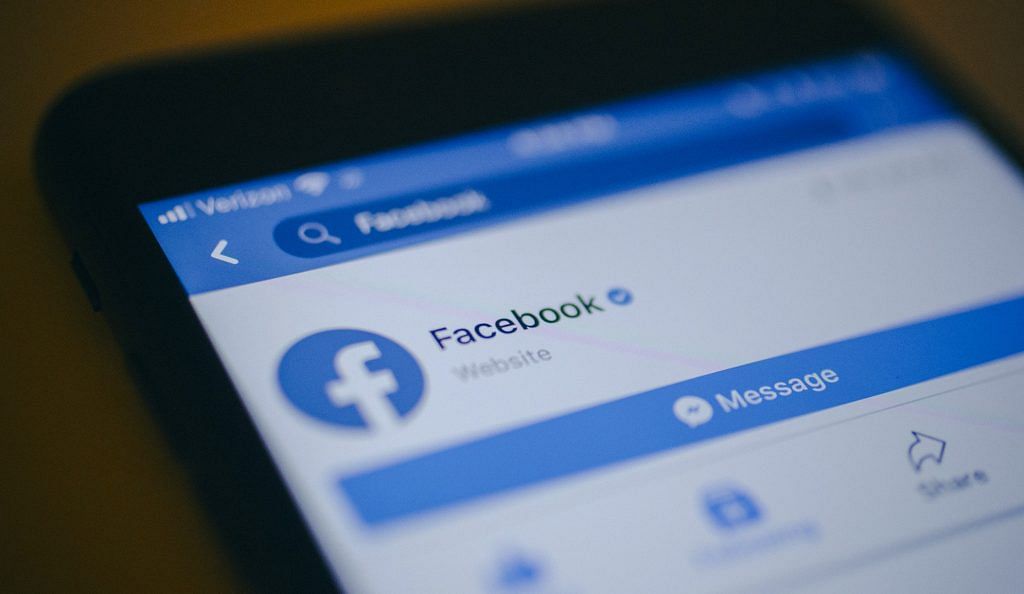The Army in a recent advisory has asked its personnel to be wary of ‘spiritual gurus’ and ‘babas’ on social media who can be Pakistani intelligence operatives using fake profiles.
Social media has added a new dimension to espionage. And, it is only a matter of time before enemy agents on social media have access to spyware like Pegasus that opens the door to sensitive information. The Army has even advised its officers holding critical posts to deactivate their Facebook accounts and not use WhatsApp for official communication.
Every year, 50,000 young people, between 17 and 21 years of age, join the Army. Most of them are computer-literate and possibly armed with smartphones – and each one can be a target for a Pakistani operative on social media.
In the last decade, there have been numerous cases of military personnel, including officers, being trapped by enemy agents on social media through traditional motivators like money, sex and faith.
Also read: Army wants officers to deactivate Facebook accounts, stay away from WhatsApp
Existing rules are inadequate
In the pre-internet and pre-social media era, intelligence operations of hostile countries required physical contact. Controlling access to military areas and monitoring of suspect organisations by counter-intelligence agencies were adequate to address such threats.
Provisions under the Constitution (through Article 33) and The Army Act (Section 21) governed social interactions and applied restrictions. Rule 19, The Army Rules, 1954, states: No person subject to the Army Act without the express sanction of the central government can “take official cognisance of, or assist or take any active part in, any society, institution or organisation, not recognised as part of the Armed Forces of the Union; unless it be of a recreational or religious nature in which case prior sanction of the superior officer shall be obtained”.
But in a digital age, these rules and provisions are no longer adequate. Identities can easily be masked on social media, allowing enemy agents to interact with soldiers without any physical contact.
Threat from Pakistan, China
Logically speaking, intelligence agencies of all countries should exploit social media for espionage. Dividends are proportionate to the technology available and the ingenuity of the resources deployed. The Inter-Services Intelligence of Pakistan has been a front-runner, using social media for both propaganda and espionage.
The Army has identified around 150 fake social media profiles of intelligence operatives who want to trap Indian soldiers. Some Pakistani agents have even created fake social media profiles using the names of senior Indian military officers to lure soldiers.
A few months ago, a Pakistani spy using the name ‘Sejal Kapoor’ on Facebook allegedly ‘honey-trapped’ 98 personnel of the defence forces and hacked into their computers. The spy, according to news reports, showed them videos and pictures through a malware that originated from West Asia. Among other things, classified details of the BrahMos missile programme were leaked to Pakistan.
China is a world leader in cyber-warfare technology. Little is known about its intelligence operations via social media and that itself shows the magnitude and complexity of the threat.
Also read: Army tells personnel to stay away from spiritual ‘babas’ as they could be Pakistani agents
Need a pragmatic policy
The easiest solution to this threat is either ban use of social media or install ‘anti-spy software’ in devices used by military personnel, as China has done.
But in a democracy, this is not desirable, and in any case, such a ban is impossible to enforce. Indian armed forces instead have adopted a pragmatic policy.
Use of social media is permitted, but with detailed guidelines in the form of dos and don’ts. Official computers only use secure intranet. On social media, defence personnel cannot disclose their rank, branch of service, unit or any such detail that can signal that the individual is a member of the armed forces. They are barred from disclosing any security-related information, which as per military law is anyway an offence.
Also, the use of social media and security-related issues are now a part of the training curriculum at military training establishments as well as in regular command guidance in units. Intelligence warfare units have started monitoring social media to identify enemy agents and issue warnings on a regular basis. Enemy agents are also exploited through deception. Strict disciplinary action is taken against defaulters.
A record of personal mobile phones and computers is maintained to monitor/flag any security breach. Further, the use of mobile phones is banned during mobilisation of troops and military operations.
Social media poses a serious threat to security. Educating soldiers about the threat and using information warfare units for counter-intelligence are effective only up to a point. A ‘compromised’ individual can reveal only what he knows unless he is exploited to access official computer systems and crucial documents. Therefore, there is an urgent need to focus more on keeping important military documents and official computer systems safe through state-of-the-art cyber-security technology.
Also read: The rise of Pegasus and why India should know the problem with hiring ‘internet mercenaries’
Lt Gen H S Panag PVSM, AVSM (R) served in the Indian Army for 40 years. He was GOC in C Northern Command and Central Command. Post retirement, he was Member of Armed Forces Tribunal. Views are personal.
